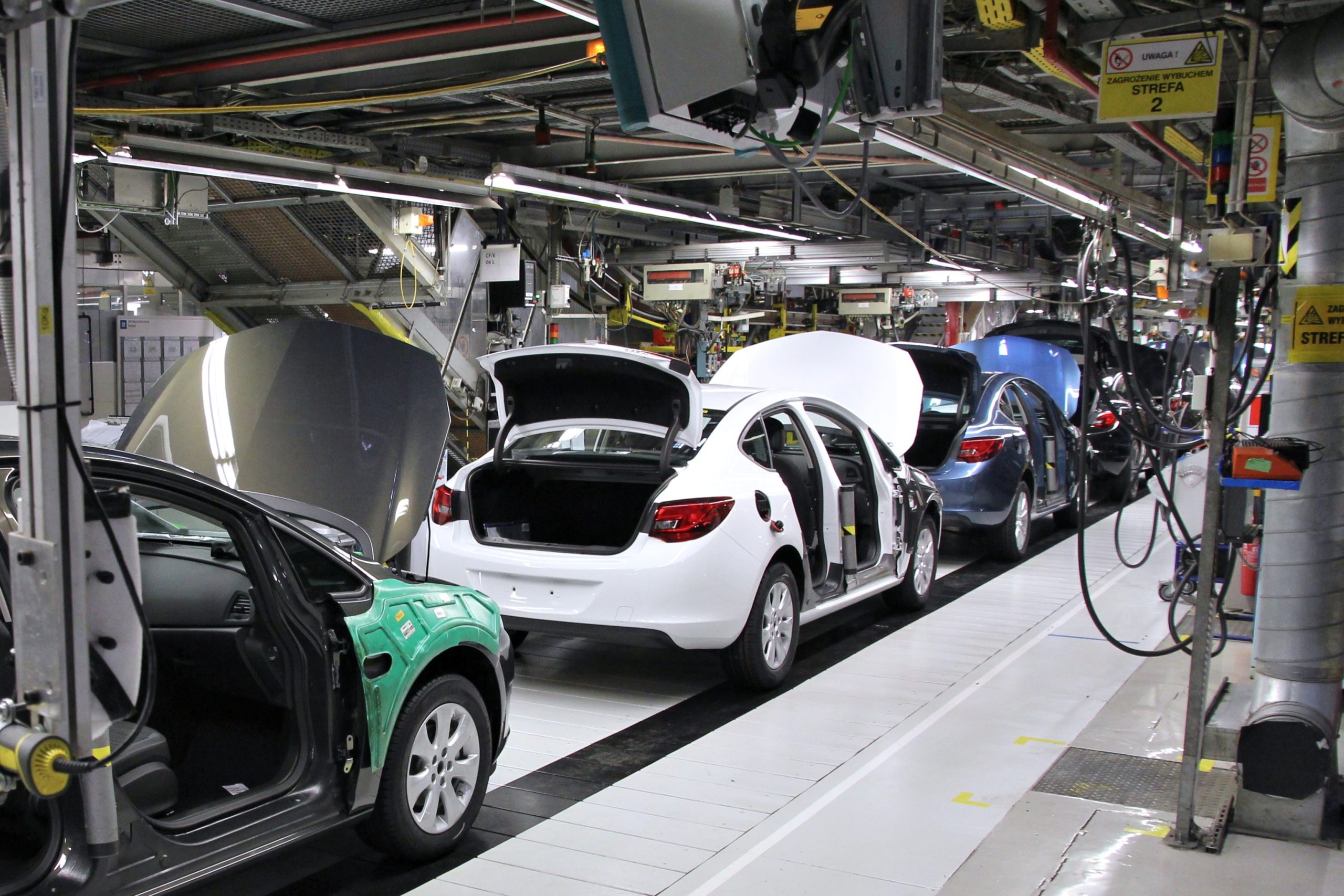
Global Auto Industry Trends: From Production to Market Dynamics
The global automotive industry is experiencing a period of profound transformation, driven by technological advancements, changing consumer preferences, and shifting market dynamics. As a seasoned technical copywriter with a decade of experience in this field, I’m here to provide expert insights into the key trends shaping the entire spectrum of the automotive industry, from production processes to market dynamics.
Evolution of Production Technologies
Electrification and Sustainable Manufacturing
One of the most prominent trends in automotive production is the shift toward electrification. Automakers worldwide are investing heavily in electric vehicle (EV) technology and sustainable manufacturing practices. This includes the development of electric drivetrains, battery manufacturing, and eco-friendly production processes.
Industry 4.0 and Automation
The adoption of Industry 4.0 principles and automation is revolutionizing the factory floor. Robotics, artificial intelligence, and the Internet of Things (IoT) are being integrated into production lines to enhance efficiency, reduce costs, and improve product quality. Smart factories enable real-time monitoring and predictive maintenance.
Sustainable Materials and Lightweighting
Lightweighting Strategies
To improve fuel efficiency and reduce emissions, automakers are increasingly focusing on lightweighting. Advanced materials such as carbon fiber, aluminum, and high-strength steel are being used to design vehicles that are both lighter and more structurally sound. This trend not only benefits the environment but also enhances vehicle performance.
Recycling and Circular Economy
Sustainability extends beyond vehicle production to end-of-life considerations. The automotive industry is exploring recycling processes and circular economy models that promote the reuse of materials and components, reducing waste and resource consumption.
Connectivity and Autonomous Driving
Connected Vehicles
Connectivity is a driving force behind modern vehicles. The integration of advanced infotainment systems, real-time data exchange, and over-the-air updates is enhancing the driving experience and enabling new services such as remote diagnostics and predictive maintenance.
Autonomous Driving
The development of autonomous vehicles is accelerating, with various levels of automation being introduced. While fully autonomous vehicles are still in the testing phase, advanced driver-assistance systems (ADAS) are increasingly available in production vehicles, enhancing safety and paving the way for self-driving cars.
Shift in Mobility Services
Ride-Sharing and Car Subscription
Changing consumer preferences are influencing mobility services. Ride-sharing platforms like Uber and Lyft have gained popularity, leading to decreased vehicle ownership in urban areas. Car subscription services offer flexibility and access to a variety of vehicles without the commitment of ownership.
Electric and Micro-Mobility
Electric scooters, bikes, and micro-mobility solutions are becoming integral components of urban transportation systems. These options complement traditional vehicles and provide eco-friendly alternatives for short trips.
Electric Vehicle Market Growth
Expanding EV Lineups
Automakers are expanding their electric vehicle lineups to meet growing demand. A wider range of EV models, from compact cars to SUVs and luxury vehicles, is becoming available, making EVs more accessible to consumers.
Charging Infrastructure Development
To support the growth of electric vehicles, charging infrastructure is rapidly expanding. Public charging networks are becoming more comprehensive, and fast-charging stations are being strategically deployed along major highways to address range anxiety.
Global Supply Chain Challenges
Semiconductor Shortages
The automotive industry has been impacted by global semiconductor shortages, affecting production schedules and leading to reduced vehicle inventories. Manufacturers are now working to diversify their supply chains and increase semiconductor production capacity.
Geopolitical Factors
Geopolitical factors, including trade disputes and regional tensions, can disrupt global supply chains and impact the availability of critical components. Automotive manufacturers are closely monitoring these developments to mitigate risks.
Conclusion
The global auto industry is undergoing a transformation that encompasses every aspect of the business, from the way vehicles are produced to how they are marketed and used. Sustainability, technology, and changing consumer behaviors are driving these changes, leading to more eco-friendly and connected vehicles, as well as innovative mobility solutions.
As the industry continues to evolve, collaboration between automakers, technology companies, and governments will be crucial to address challenges and harness the opportunities presented by these trends. By staying agile and embracing innovation, the global automotive industry is poised to shape the future of transportation in a sustainable and technologically advanced manner.

